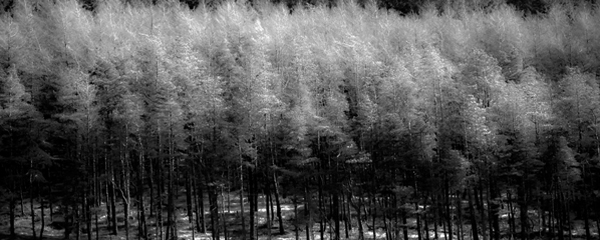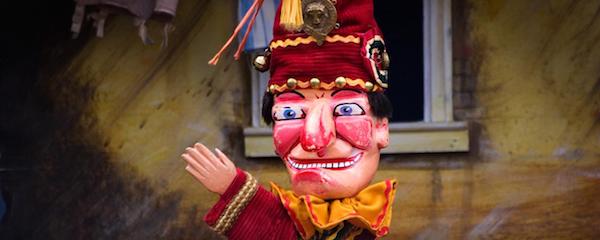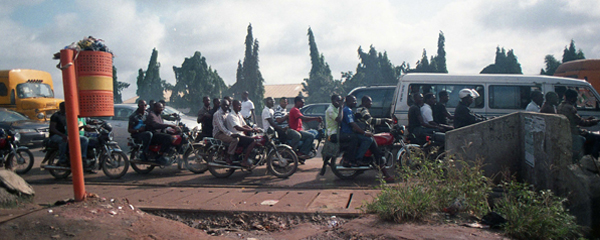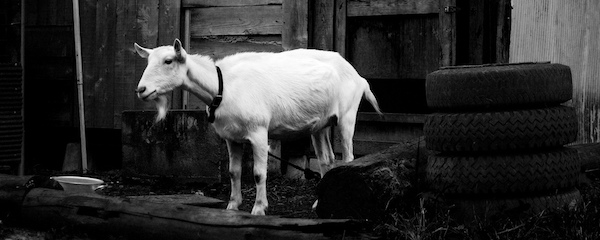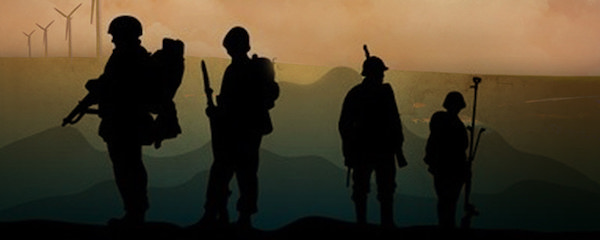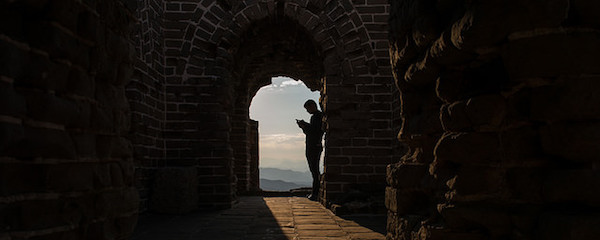K.S.DEARSLEY probes the hidden depths in D. H. Lawrence’s ‘The Prussian Officer’:’…any reader expecting to find explicit sex will be disappointed. Lawrence’s writing is far more subtle, working by the power of suggestion, so you could make a case to say that the only sex in the tale is what the reader’s imagination brings to it…’
INTERVIEW: Shortly after the publication of his latest collection of short stories, The Ghost Who Bled, GREGORY NORMINTON talks to Thresholds about the past, fictional and factual horrors, stories he wishes he’d written, becoming a writing, and books in translation…
STANLEY ECHEBIRI looks at the life and work of Kenule Beeson Saro-Wiwa: ‘Saro-Wiwa died as a freedom fighter and an environmentalist, yet writing was his most potent weapon against the Nigerian state. His environmental crusade overshadowed his literary achievements towards the later years of his career, but it didn’t remove his footprints on the Nigerian literature landscape…’
WRITING EXERCISE: ‘On a fundamental level, the plot of any story can be reduced to: a character who wants something they can’t have. Where it gets really interesting is when that ‘something’ is totally out of bounds. Flirting with someone else’s lover. Saying ‘Macbeth’ in a theatre. Opening Pandora’s Box. Reading a banned book. Speaking Voldemort’s name. Riding your big sister’s bike…’ JO GATFORD, from Writers’ HQ, offers a creative exercise in the taboo…
JUDITH GEORGE discovers Claire Keegan’s ear for silence in a story from Walk the Blue Fields: ‘So little in ‘Night of the Quicken Trees’ is said, and yet what is said speaks volumes. That is the key to Keegan’s unflinching style…’
HANNAH BROCKBANK tells us why she admires ‘Chalk Mother’, an intense character driven short story by Liza Cody: ‘The environment crackles with connection and purpose but the daughter cannot fully be part of it. Instead, she frets about missing school. This important image transcends physical description and shows us what makes the narrator tick and what situations allow her to connect with the world…’
MICHAEL CAINES takes a walk through the underworld of Brigid Brophy’s short stories: ‘from its Shavian title onwards, ‘The Adventures of God in His Search for the Black Girl’ gives virtuoso voice to the figures excluded by convention from charmed settings such as deer-haunted forests and the pastoral Golden Age…’
MIKE SMITH finds himself at war with Vivien Jones’ flash fiction ‘Sorting Office’: ‘Vivien Jones is a direct writer, with a deceiving simplicity of style, and in this very short story, a flash fiction by most measures, the simplicity and the deception are well employed. Structured as two half-page paragraphs, and a four-line ending, it establishes a path for a denouement that will surprise, although it is a conclusion that is, at the same time, entirely probable, rather than merely plausible…’
VICTORIA LESLIE discusses the feminist message behind the stories of Charlotte Perkins Gilman: ‘When we think of the nineteenth century cult of the drowned woman, and of the abundance of these tragic figures in art and literature… Gilman’s story offers a new kind of heroine for the new century…’
ANTON DECHAND finds his way through ‘The Great Wall of China’ by Kafka: ‘I never mention his name among my favourite authors. Yet there are few writers that have been with me for so long and never ceased to be a source of amazement. I know I can always come back to Franz Kafka and it gives me a strange comfort to do so. He’s like a talisman from a foreign culture: riddled, inconceivable, yet commonplace and imbued with a personal history…’
